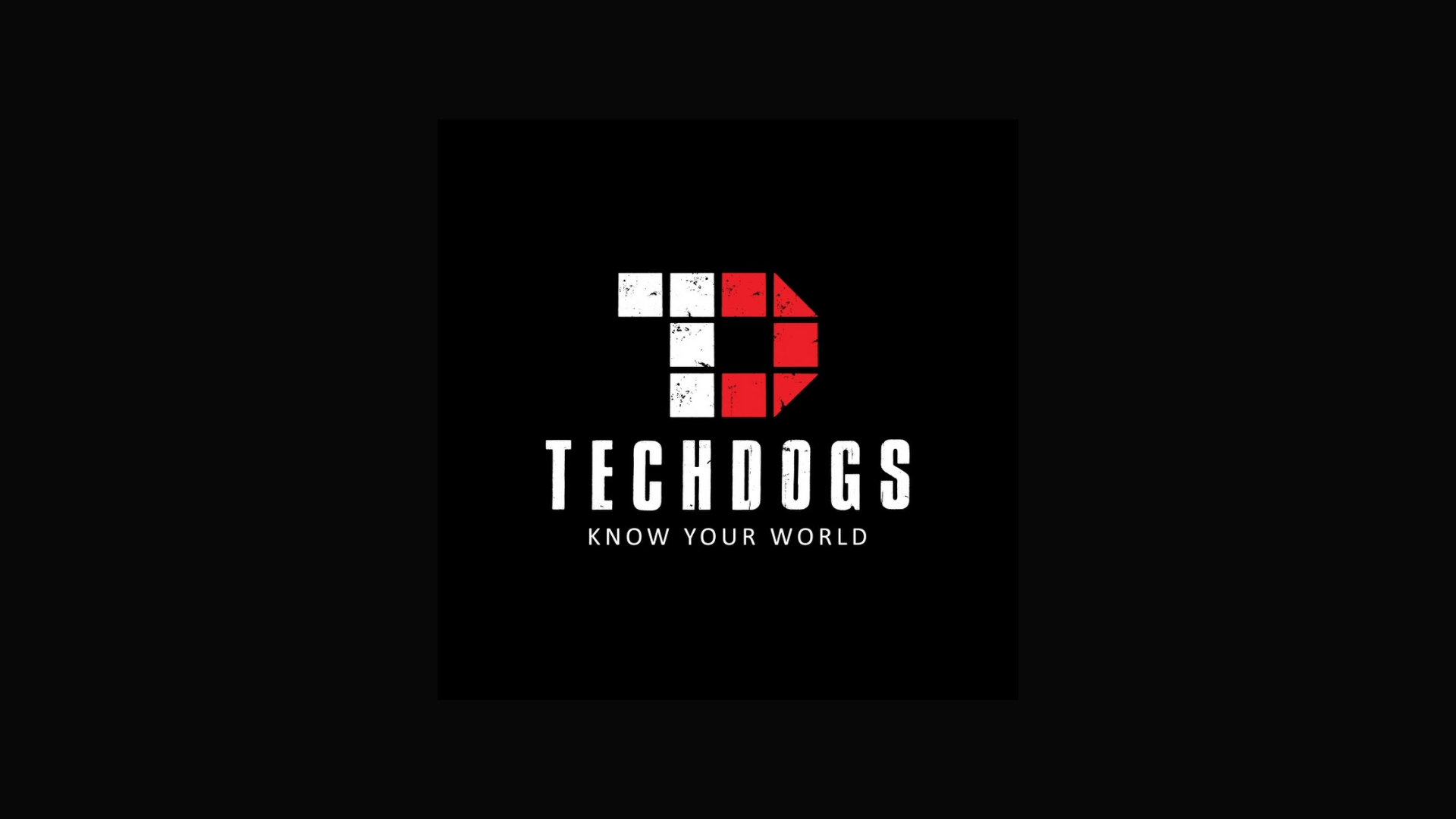- The G2 Buyer Behavior Report showed that 72% of C-suite executives stated their organization has a formal ROI goal for its AI investment. Buyers are more likely to engage with vendors who leverage AI to personalize their experience
- The FutureScape: Worldwide Artificial Intelligence 2023 Predictions states that by 2026, 80% of B2B sales interactions will be digitally enabled and augmented by AI.
- The Gartner Demand Gen Hype Cycle in 2023 placed “AI-Driven Personalization” at the peak of futureexpectations of b2b buyers.
Ensuring that your products and your brand are part of any LLM’s recommendations should take it’s place alongside SEO as a key part of your digital marketing toolkit.
But how different is LLM optimisation to SEO?
Here’s our 10-point plan highlighting the differences:
Algorithmic Learning Optimization
- Content Diversity:
- Action: Create diverse content formats (text, video, audio, interactive) to cater to different learning styles and preferences.
- SEO Difference: SEO often prioritizes written content optimized for keywords.
- User Engagement Signals:
- Action: Encourage comments, shares, likes, and other interactions to signal content value and user interest.
- SEO Difference: SEO focuses more on backlinks and website traffic as indica tors of authority.
- Personalization:
- Action: Segment audiences and tailor content recommendations based on user profiles, interests, and past behavior.
- SEO Difference: SEO generally targets broader audiences based on keyword research.
- Content Freshness:
- Action: Regularly update and refresh content to maintain relevance and keep users engaged.
- SEO Difference: SEO often focuses on evergreen content that remains valuable over time.
- Contextual Relevance:
- Action: Consider user location, time of day, and other contextual factors to deliver timely and relevant recommendations.
- SEO Difference: SEO primarily focuses on matching content to search queries.
- Feedback Loops:
- Action: Analyze user feedback and interactions to continuously improve content recommendations and algorithm training.
- SEO Difference: SEO relies more on website analytics and search ranking data.
- Cross-Platform Optimization:
- Action: Optimize content for various platforms (social media, apps, websites) to reach users across different channels.
- SEO Difference: SEO primarily focuses on optimizing websites for search engines.
- Content Depth and Breadth:
- Action: Create a comprehensive content library covering a wide range of topics and depths to cater to diverse user needs.
- SEO Difference: SEO often focuses on specific keyword clusters and topics with high search volume.
- Ethical Considerations:
- Action: Prioritize fairness, transparency, and avoid bias in content recommendations to ensure equitable access to information.
- SEO Difference: SEO has fewer ethical considerations, focusing primarily on improving website visibility.
- Experimentation and Adaptation:
- Action: Continuously test and refine content strategies to adapt to evolving algorithms and user preferences.
- SEO Difference: SEO adapts to search engine algorithm updates but focuses on more stable ranking factors.
By focusing on these actions, you can effectively optimize for algorithmic learning recommendations and differentiate your strategy from traditional SEO efforts. For deeper insights get in touch with our Director of Marketing Services, Dan Miles.















